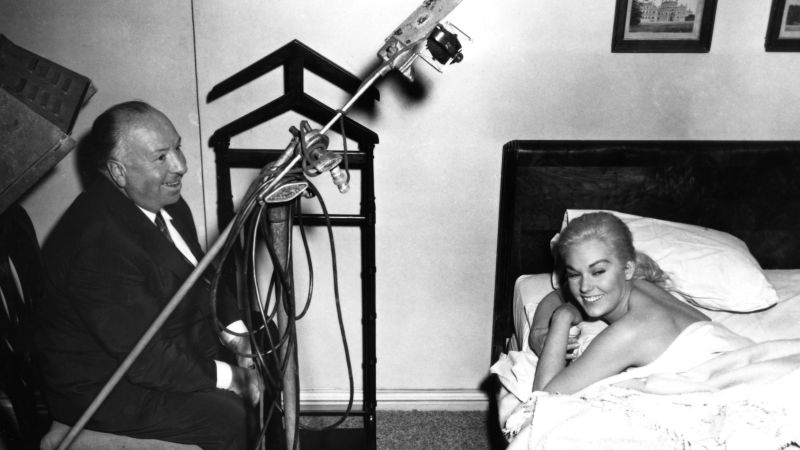Alfred Hitchcock: Master of Psychological Thrillers
Alfred Hitchcock, born on August 13, 1899, is celebrated as one of Britain’s greatest filmmakers. Renowned for his mastery in psychological thrillers, Hitchcock’s films have garnered massive acclaim and left a lasting impact on the film industry.

Career Milestones
Hitchcock’s film career began in the silent film era but soon transitioned to sound films, establishing himself as a pioneer in both genres. His filmography includes a myriad of iconic works:
- Notorious (1946): A classic noir featuring Cary Grant and Ingrid Bergman.
- Rope (1948): Known for its unique storytelling technique and collaboration with James Stewart.
- Strangers on a Train (1951): A cleverly intricate narrative driven by dual perspectives.
- Dial M for Murder (1954): A suspenseful tale featuring intricate plotting and star performances.
Signature Style and Techniques
Alfred Hitchcock developed several filmmaking techniques that have become staples in the industry:
- Suspense Building: Hitchcock was a master at creating suspense through meticulous pacing and audience engagement.
- Cameo Appearances: Frequently making brief appearances in his films, enhancing his personal imprint.
- Innovative Camera Work: Pioneered techniques such as the dolly zoom effect, particularly in ‘Vertigo’ (1958).
Iconic Films

Legacy
Hitchcock’s contributions have earned him recognition as the ‘Master of Suspense,’ inspiring countless filmmakers and shaping cinematic narrative forms. His innovative approaches continue to be studied and celebrated in film schools worldwide.
Conclusion
Through a deep understanding of psychological fears and the human condition, Alfred Hitchcock crafted films that engage audiences, challenging them to experience suspense like never before. His legacy lives on, firmly establishing him as a monumental figure in the history of cinema.




